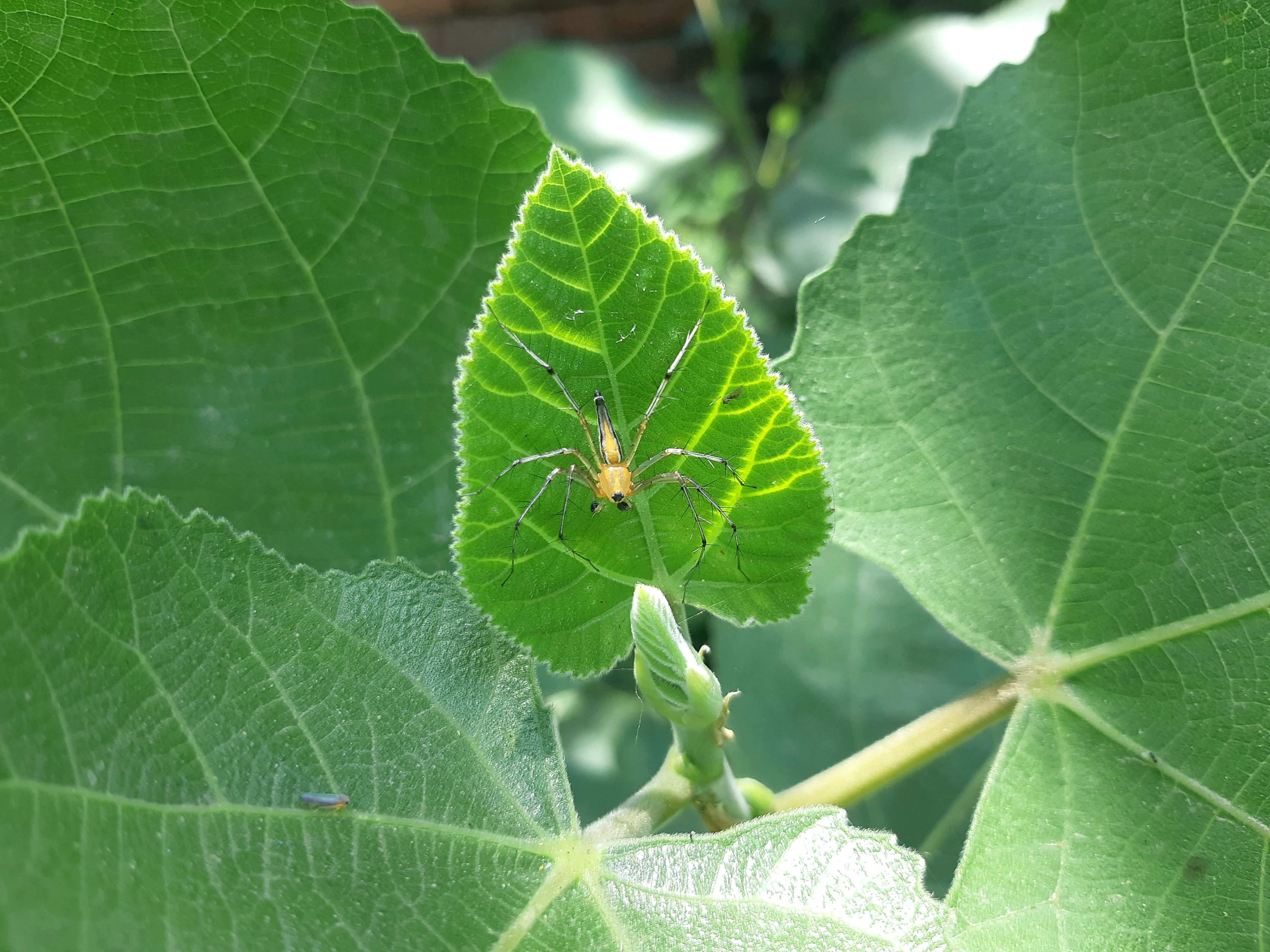Beneficial Insects: Nature's Pest Control
Unlock the secrets of natural pest control with our guide on beneficial insects in organic gardening. Learn how these eco-friendly allies can protect your crops near Bangalore, promoting a balanced ecosystem. This post delves into identifying, attracting, and maintaining beneficial insects to reduce the need for chemical pesticides. Embrace sustainable farming practices with Vriksha Farms and discover how nature’s pest control can lead to a healthier, more productive garden.

Introduction
In the world of organic farming, beneficial insects play a crucial role in natural pest control, aligning perfectly with the principles of sustainability and ecological balance. Vriksha Farms, a proponent of responsible agroforestry and sustainable living, recognizes the importance of these natural allies in maintaining the health and productivity of organic gardens. This blog post will explore the role of beneficial insects in organic farming and how they contribute to effective, eco-friendly pest management.
Understanding Beneficial Insects
Types of Beneficial Insects
Beneficial insects can be broadly categorized into pollinators, like bees and butterflies, and predators or parasitoids, such as ladybugs, lacewings, and hoverflies. Each plays a unique role in supporting the ecosystem of an organic garden.
The Role of Pollinators
Pollinators are essential for the reproduction of many plants. By facilitating cross-pollination, they ensure the diversity and vitality of plant species in the garden.
Attracting Beneficial Insects
Creating a Hospitable Environment
To attract beneficial insects, your garden should provide a variety of flowering plants that offer nectar and pollen throughout the growing season. Native plants are particularly effective in attracting native insect species.
Avoiding Pesticides
Chemical pesticides can harm beneficial insects. By avoiding these and opting for natural pest control methods, you create a safer environment for these helpful creatures.
The Impact of Beneficial Insects on Pest Control
Natural Predators
Predatory insects like ladybugs and lacewings feed on common garden pests such as aphids and mites. Their presence helps keep pest populations in check, reducing the need for chemical interventions.
Parasitoids
Parasitoid insects, such as certain types of wasps, lay their eggs in or on pests. Once the eggs hatch, the larvae feed on the host pest, effectively controlling its population.
Integrating Beneficial Insects into Organic Farming Practices
Companion Planting
Companion planting involves growing certain plants together that attract beneficial insects or repel harmful pests. This practice enhances the natural pest control mechanisms in your garden.
Providing Habitats
Creating habitats, such as insect hotels or leaving certain areas of the garden wild, can encourage beneficial insects to take up residence in your garden.
The Broader Benefits of Beneficial Insects
Biodiversity
Encouraging beneficial insects contributes to biodiversity, which is vital for a healthy and resilient ecosystem.
Sustainable Pest Management
Utilizing beneficial insects for pest control aligns with sustainable farming practices, reducing the environmental impact of agriculture.
Conclusion
Beneficial insects are nature's answer to pest control in organic farming. By understanding and supporting these insects, farmers and gardeners can manage pests effectively and sustainably. Vriksha Farms advocates for the use of natural methods in agriculture, and the promotion of beneficial insects is a key part of this approach.
